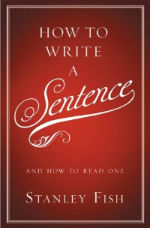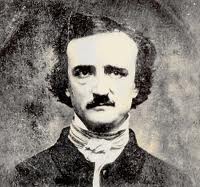 THE GIST Facebook makes people more social in their lives offline.
THE GIST Facebook makes people more social in their lives offline.
THE SOURCE “Got Facebook? Investigating What’s Social About Social Media,” by S. Craig Watkins and H. Erin Lee, the University of Texas, Austin.
Were you creeped out by the ominous trailer for “The Social Network” (“I want you to notice, when I’m not around …”) and what it may say about you? Does logging on to Facebook for the fourth time today make you feel like a soulless shut-in?
If so, fear not: According to a cheery report out of the University of Texas, Austin, Facebook actually makes us more sociable. Surveying 900 current and recent college graduates nationwide, Craig Watkins and Erin Lee of the Department of Radio-Television-Film at the University of Texas examined the impact of Facebook on users’ social lives, concluding that “social media afford opportunities for new expressions of friendship, intimacy and community.”

 These facts remain true: on April 14, 1864, President Abraham Lincoln sent a routine, one-sentence, handwritten order to Joseph Holt, the judge advocate general, pardoning a California soldier, Private Patrick Murphy, who had been sentenced to be shot for desertion. “This man is pardoned, and hereby ordered to be discharged from the service,” the president wrote.
These facts remain true: on April 14, 1864, President Abraham Lincoln sent a routine, one-sentence, handwritten order to Joseph Holt, the judge advocate general, pardoning a California soldier, Private Patrick Murphy, who had been sentenced to be shot for desertion. “This man is pardoned, and hereby ordered to be discharged from the service,” the president wrote. “July 19, 2010 marked the day that Amazon’s digital book sales
“July 19, 2010 marked the day that Amazon’s digital book sales 




